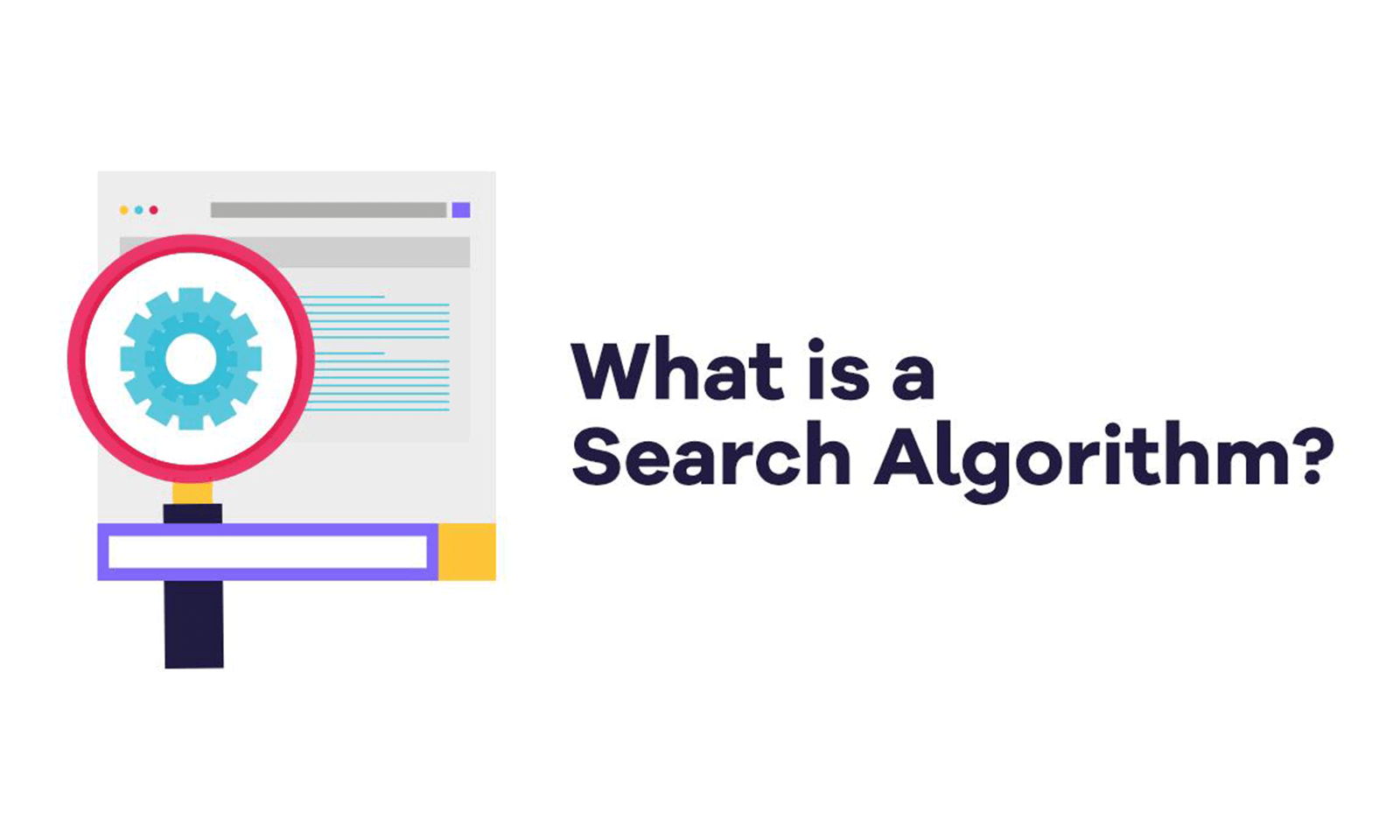Marketing automation is a digital marketing strategy that involves using technology to streamline, automate, and measure marketing tasks and workflows. This technology can help businesses automate repetitive tasks, personalize the customer experience, and drive more leads and sales. In this article, we will explore how marketing automation can help lead generation.
What is Lead Generation? Lead generation is the process of attracting and converting prospects into leads, with the goal of turning them into customers. A lead is a person or company that has shown an interest in your product or service and has provided their contact information, such as their name, email address, or phone number. Lead generation is a crucial step in the sales process, as it helps businesses identify potential customers and nurture them through the sales funnel until they are ready to make a purchase.
The Role of Marketing Automation in Lead Generation Marketing automation plays a crucial role in lead generation by streamlining and automating various marketing tasks, such as email marketing, social media management, lead scoring, and lead nurturing. These tasks can be time-consuming and repetitive, and without automation, businesses may struggle to keep up with the demands of a fast-paced, data-driven marketing landscape.
Email Marketing Automation Email marketing is a powerful tool for lead generation, and marketing automation makes it even more effective. Marketing automation software can automate the process of sending emails to prospects and customers, freeing up time and resources for other important tasks. Additionally, marketing automation software can personalize emails based on the recipient’s behavior and preferences, which can improve engagement and drive more conversions.
For example, marketing automation software can send follow-up emails to prospects who have visited your website but have not yet made a purchase. The software can also segment your email list based on the recipient’s behavior, such as which pages they have visited on your website or which products they have viewed. This allows you to send targeted, relevant emails to each segment, increasing the chances of conversion.
Social Media Automation Social media is another important aspect of lead generation, and marketing automation can help streamline and automate the process. Marketing automation software can schedule and publish social media posts, freeing up time and resources for other important tasks. Additionally, the software can track and analyze the performance of your social media posts, allowing you to optimize your social media strategy and drive more leads.
Lead Scoring Lead scoring is the process of assigning a numerical value to a lead based on their behavior and profile, and marketing automation can automate this process. Marketing automation software can track a lead’s behavior, such as which pages they have visited on your website or which products they have viewed, and assign a score based on this behavior. This helps businesses prioritize their lead generation efforts by focusing on the leads with the highest scores, which are more likely to convert.
Lead Nurturing Lead nurturing is the process of building a relationship with a lead over time, with the goal of turning them into a customer. Marketing automation can automate this process by sending targeted, relevant emails and content to a lead based on their behavior and preferences. For example, marketing automation software can send a lead a series of emails about a specific product or service, providing them with valuable information and building trust over time. This can help increase the chances of conversion and reduce the amount of time it takes for a lead to become a customer.
Benefits of Marketing Automation for Lead Generation Marketing automation offers numerous benefits for lead generation, including increased efficiency, improved personalization, and higher conversion rates.
Increased Efficiency Marketing automation can save time and resources by automating repetitive tasks, such as email marketing and social media management. This allows businesses to focus on other important tasks, such as lead nurturing



